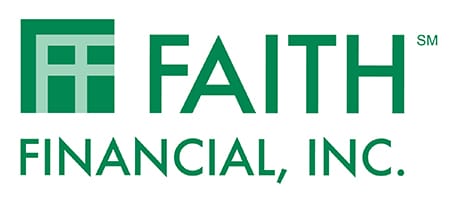A revocable living trust provides financial protection in the event you are no longer able to manage your financial affairs yourself. You can be trustee while you are healthy, but if you have a stroke or become otherwise incapacitated, your successor trustee would manage your assets in the trust. Using a Living Trust for Privacy Another benefit of revocable living …
Gift Giving Strategies
The federal government imposes a substantial tax on gifts of money or property above certain levels. Without such a tax someone with a sizable estate could give away a large portion of their property before death and escape death taxes altogether. For this reason, the gift tax acts more or less as a backstop to the estate tax. And yet, …
Charitable Remainder Trusts
A Charitable Remainder Trust normally is used as a strategy for converting highly appreciated assets into income producing assets, without income tax liability. The Charitable Remainder Trust is an irrevocable trust with both charitable and non-charitable beneficiaries. The donor transfers highly appreciated assets into the trust and retains an income interest. Upon expiration of the income interest, the remainder in the trust …
A Will That Meets Your Needs
A will is a legal document that transfers what you own to your beneficiaries upon your death. It also names an executor to carry out the terms of your will and a guardian for your minor children, if you have any. Your signature and those of two witnesses make your will authentic. Witnesses don’t have to know what the will …
A Living Will
You may recall that during the final weeks of his life, former President Richard Nixon refused “heroic measures” and received only palliative (comfort-easing) care at his home. Similarly, former First Lady Jacqueline Kennedy Onassis refused life-prolonging medical intervention before her death from non-Hodgkins lymphoma. Former President Nixon and Mrs. Onassis both retained control over their final medical care through use …
